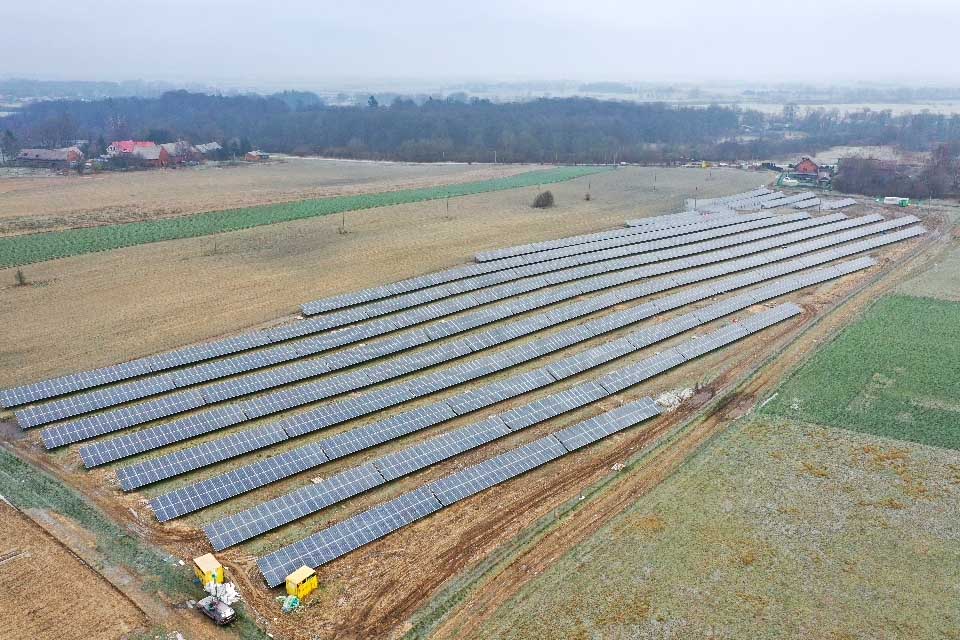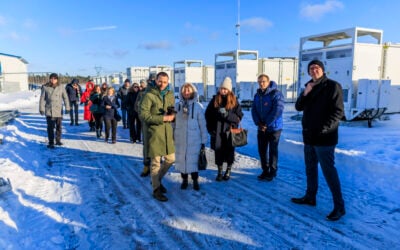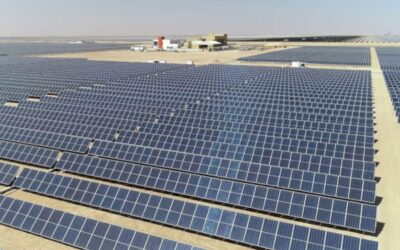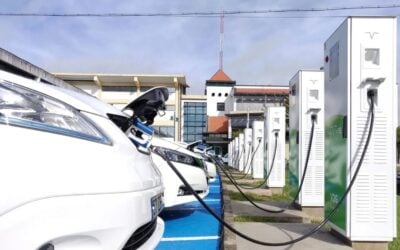
Latvia state-owned utility and power generation firm Latvenergo intends to deploy 250MW/500MWh of BESS in the next five years.
Latvenergo said it will build the battery energy storage system (BESS) projects in response to increasing demand for flexibility and to synergise with its hydropower, gas-fired plants and solar and wind capacities under development.
The first BESS projects are being implemented in Latvia at its own production sites, starting with the ‘smaller-scale’ BESS at the Latvenergo AS CHPP-1 gas-fired power plant, before moving on to larger installations both at that site and at the Latvenergo AS CHPP-2 plant.
Procurement and selection of suppliers for the latter two projects is in progress, while the firm didn’t reveal who has been enlisted for the first, small-scale project. The firm said the deployments will make it a leader in the Baltic region’s BESS industry.
Try Premium for just $1
- Full premium access for the first month at only $1
- Converts to an annual rate after 30 days unless cancelled
- Cancel anytime during the trial period
Premium Benefits
- Expert industry analysis and interviews
- Digital access to PV Tech Power journal
- Exclusive event discounts
Or get the full Premium subscription right away
Or continue reading this article for free
The Baltic region has been a hotspot of BESS activity over the last few years, driven by both increasing renewables and the process of uncoupling from the BRELL electricity grid operated by Russia, and connecting to Continental Europe via Poland. That process was completed just over a fortnight ago.
Large-scale BESS projects in Latvia are being deployed by private developers and operators, including Utilitas Wind and Niam Infrastructure/Evecon, as well as its transmission system operator (TSO) ATS.
Latvenergo CFO Guntars Baļčūns said: “We see huge synergetic benefits arising from our investment in BESS, both for the current generation capacity of Latvenergo and the development of existing renewable energy projects. The innovations and infrastructure of Latvenergo will not only strengthen the security of supply but also the development of the Baltic region.”





